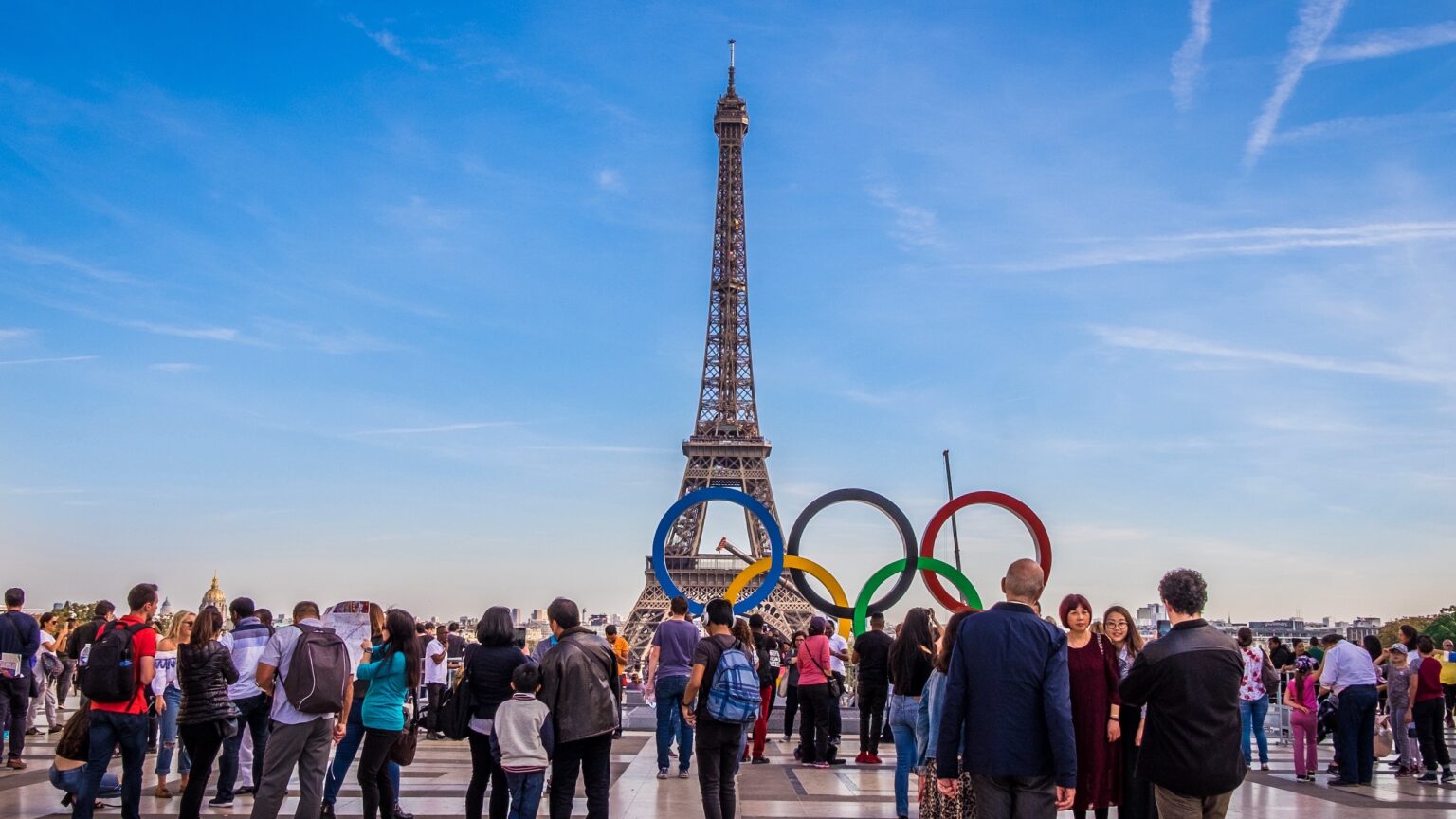AI has taken center stage in 2023 as it continues to expand into various fields. In the latest development, the technology is now being adopted for use in next year’s Olympic Games in Paris. The Games will see smart surveillance cameras equipped with computer-vision technology deployed to identify potential security threats.
For the upcoming 2024 Paris Olympic games, France has granted approval for the use of #AI surveillance to monitor the crowds. @CyberNews https://t.co/CqOrWVzBaj
— Dawn Morrissey (@DawnMorrissey13) April 4, 2023
French lawmakers have approved plans to use smart surveillance cameras as a security measure at the mega sports event. The French data-protection regulator will oversee tech firms to ensure they comply with privacy rules during the Games.
Last month, the national assembly of France approved a bill that permits companies to test computer-vision cameras for the identification of security threats during the upcoming spectacle.
Read Also: Universities Banning AI Tools Including ChatGPT
The approved law, which is expected to soon come into force, allows the use of such cameras in stadiums and transportation hubs, and will remain valid until the end of next year.
Concerns over biometric surveillance
Privacy advocates have quickly voiced concerns over the intrusive nature of this tech, which uses algorithms to recognize physical characteristics and send alerts to security authorities.
#AI and #surveillance: #protection or violation of rights?
The French government has received the right to use AI for video surveillance during the Paris 2024 Olympic Games . The system will use computer vision algorithms to detect suspicious items and activities .
— Habib Karataş (@habib_karatas) March 26, 2023
“We should experiment to know more about the effectiveness of this technology,” said Bertrand Pailhès, head of technology and innovation at French data-protection regulator Cnil.
Utilizing computer-vision technology, companies can analyze intricate processes, including monitoring activities in chicken-processing plants.
Nonetheless, the utilization of cameras in public spaces is a contentious issue since they can capture images of individuals who pass through the area.
During the upcoming Olympics, Cnil will supervise the technology firms that win government contracts to test their computer-vision cameras this year and during next year’s Games.
The regulator will provide guidance on how to comply with privacy rules and will investigate any possible violations, according to Pailhès.
Computer-vision camera developers have expressed frustration at the slow pace of legal authorization for using the tech in public spaces in Europe.
Tested without law in 2020
During the Covid-19 pandemic in 2020, the use of computer-vision cameras was criticized when a French company, DatakaLab, tested a system on Paris public transportation to detect people without face masks.
The data protection regulator’s office halted the trial as there was no law in place authorizing the technology.
Although a law was passed in 2021 allowing the cameras, they were not set up again, which led Xavier Fischer, DatakaLab’s CEO, to halt working with computer-vision because legal questions made the market unpredictable.
Competitors outside Europe do not face the same legal restrictions, giving them an obvious advantage.
“We [were] losing precious time,” said Fischer.
A European first
Privacy advocates concerned about use of computer-vision cameras during the Olympics say they could pave the way for increased surveillance by police and other organizations.
“The Olympic Games is actually a great justification for them to make this technology acceptable,” argued Noémie Levain, a legal advisor at La Quadrature du Net.
The law will make France the first European country to legalize biometric surveillance, stated the group. But Pailhès argues that tests carried out before the Olympics will help determine the privacy risks and applications of the technology.
“At this stage, we don’t know exactly what the technology can do well,” added Pailhès.









 and then
and then